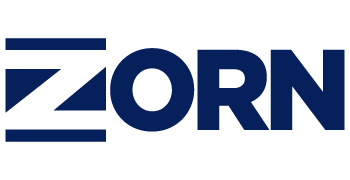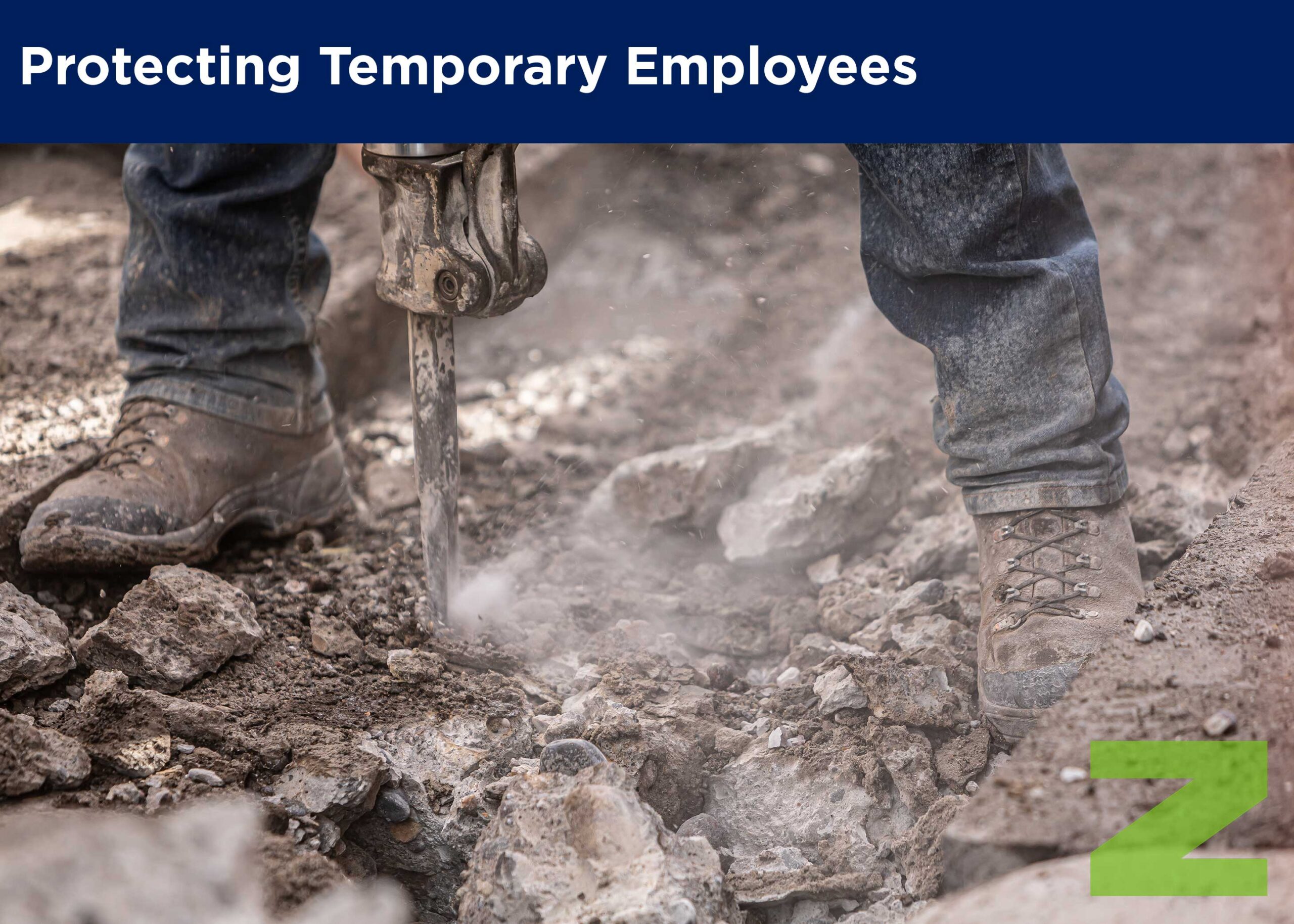Protecting Temporary Workers
Workers employed through staffing agencies are generally called temporary or supplied workers. For the purposes of these recommended practices, “temporary workers” are those supplied to a host employer and paid by a staffing agency, whether or not the job is actually temporary. Whether temporary or permanent, all workers always have a right to a safe and healthy workplace. The staffing agency and the staffing agency’s client (the host employer) are joint employers of temporary workers and, therefore, both are responsible for providing and maintaining a safe work environment for those workers. The staffing agency and the host employer must work together to ensure that the Occupational Safety and Health Act of 1970 (the OSH Act) requirements are fully met. See 29 U.S.C. § 651. The extent of the obligations of each employer will vary depending on workplace conditions and should therefore be described in the agreement or contract between the employers. Their safety and health responsibilities will sometimes overlap. Either the staffing agency or the host employer may be better suited to ensure compliance with a particular requirement, and may assume primary responsibility for it. The joint employment structure requires effective communication and a common understanding of the division of responsibilities for safety and health. Ideally, these will be set forth in a written contract.
OSHA and NIOSH recommend the following practices to staffing agencies and host employers so that they may better protect temporary workers through mutual cooperation and collaboration. Unless otherwise legally required, these recommendations are for the purpose of guidance and in some cases represent best practices.
Evaluate the Host Employer’s Worksite. Prior to accepting a new host employer as a client, or a new project from a current client host employer, the staffing agency and the host employer should jointly review all worksites to which the worker might foreseeably be sent, the task assignments and job hazard analyses in order to identify and eliminate potential safety and health hazards and identify necessary training and protections for each worker. The staffing agency should provide a document to the host employer that specifies each temporary worker’s specific training and competencies related to the tasks to be performed.
Staffing agencies need not become experts on specific workplace hazards, but should determine what conditions exist at the worksite, what hazards may be encountered, and how to best ensure protection for the temporary workers. Staffing agencies, particularly those without dedicated safety and health professionals on staff, should consider utilizing a third-party safety and health consultant. For example, staffing agencies may be able to utilize the safety and health consultation services provided by their workers’ compensation insurance providers. These consultation services are often offered to policyholders at little to no charge. Employers (staffing agencies and host employers) should inquire with their insurance providers about these services. Small and medium-sized businesses may request assistance from OSHA’s free on-site consultation service. On-site consultation services are separate from enforcement and do not result in penalties or citations.
If information becomes available that shows an inadequacy in the host employer’s job hazard analyses, such as injury and illness reports, safety and health complaints or OSHA enforcement history, the staffing agency should make efforts to discuss and resolve those issues with the host employer to ensure that existing hazards are properly assessed and abated to protect the workers. In assessing worksite hazards, host employers typically have the safety and health knowledge and control of worksite operations. However, the staffing agency may itself perform an inspection of the workplace, if feasible, to conduct their own hazard assessment or to ensure implementation of the host employer’s safety and health obligations for temporary workers.
Train Agency Staff to Recognize Safety and Health Hazards. Many staffing agencies do not have dedicated safety and health professionals and, even when they do, these experts cannot be everywhere at once. By teaching agency representatives about basic safety principles and the hazards commonly faced by its temporary workers, the agency will be better equipped to discover hazards and work with the host employer to eliminate or lessen identified workplace hazards before an injury or illness occurs.
Ensure the Employer Meets or Exceeds the Other Employer’s Standards. When feasible, the host employer and staffing agency should exchange and review each other’s injury and illness prevention program. Host employers should also request and review the safety training and any certification records of the temporary workers who will be assigned to the job. Host employers in certain industries, for example, will only accept bids from and hire staffing agencies that the host has previously verified as meeting the host employer’s safety standards. Similarly, some staffing agencies work only with clients that have robust safety programs.
Assign Occupational Safety and Health Responsibilities and Define the Scope of Work in the Contract. The extent of the responsibilities the staffing agency and the host employer have will vary depending on the workplace conditions and should be described in their agreement. Either the staffing agency or the host employer may be better suited to ensure compliance with a particular requirement, and may assume primary responsibility for it. When feasible, the agency-host contract should clearly state which employer is responsible for specific safety and health duties. The contract should clearly document the responsibilities to encourage proper implementation of all pertinent safety and health protections for workers. This division of responsibilities should be reviewed regularly.
The tasks that the temporary worker is expected to perform, and the safety and health responsibilities of each employer, should be stated in the agency-host contract and should be communicated to the worker before that worker begins work at the job site. For example, should the job tasks require personal protective equipment, the contract should state what equipment will be needed and which employer will supply it. The worker should be informed of these details before beginning the job. Clearly defining the scope of the temporary worker’s tasks in the agency host contract discourages the host employer from asking the worker to perform tasks that the worker is not qualified or trained to perform or which carry a higher risk of injury. Defining, clarifying, and communicating the employers’ and worker’s responsibilities protects the workers of both the staffing agency and of the host employer. The contract should specify who is responsible for all such communications with the temporary worker.
Injury and Illness Tracking. Employer knowledge of workplace injuries and investigation of these injuries are vital to preventing future injuries from occurring. Information about injuries should flow between the host employer and staffing agency. If a temporary worker is injured and the host employer knows about it, the staffing agency should be informed promptly, so the staffing agency knows about the hazards facing its workers. Equally, if a staffing agency learns of an injury, it should inform the host employer promptly so that future injuries might be prevented, and the case is recorded appropriately. The parties should therefore also discuss a procedure to share injury and illness information between the employers, ideally specifying that procedure contractually.
NOTE on Injury and Illness Record keeping Requirements: Both the host employer and staffing agency should track and where possible, investigate the cause of workplace injuries. However, for statistical purposes, OSHA requires that injury and illness records (often called OSHA Injury and Illness Logs) be kept by the employer who is providing day to day supervision, i.e., controlling the means and manner of the temporary employees’ work (the host employer, generally). See 29 CFR 1904.31(b)(2). The agency-host contract should therefore identify the supervising employer and state that this employer is responsible for maintaining the temporary workers’ injury and illness records. Employers cannot discharge or contract away responsibilities that pertain to them under law. Further, the contract should specify which employer will make the records available upon request of an employee or an employee representative.
The supervising employer is required to set up a method for employees to report work-related injuries and illnesses promptly and must inform each employee how to report work-related injuries and illnesses. However, both the staffing agency and the host employer should inform the temporary employee on this process and how to report a work-related injury or illness. See 29 CFR 1904.35(b).
No policies or programs should be in place that discourage the reporting of injuries, illnesses or hazards. The OSH Act prohibits employers from retaliating against a worker for reporting an injury or illness, including for filing a workers’ compensation claim for a work-related condition.





